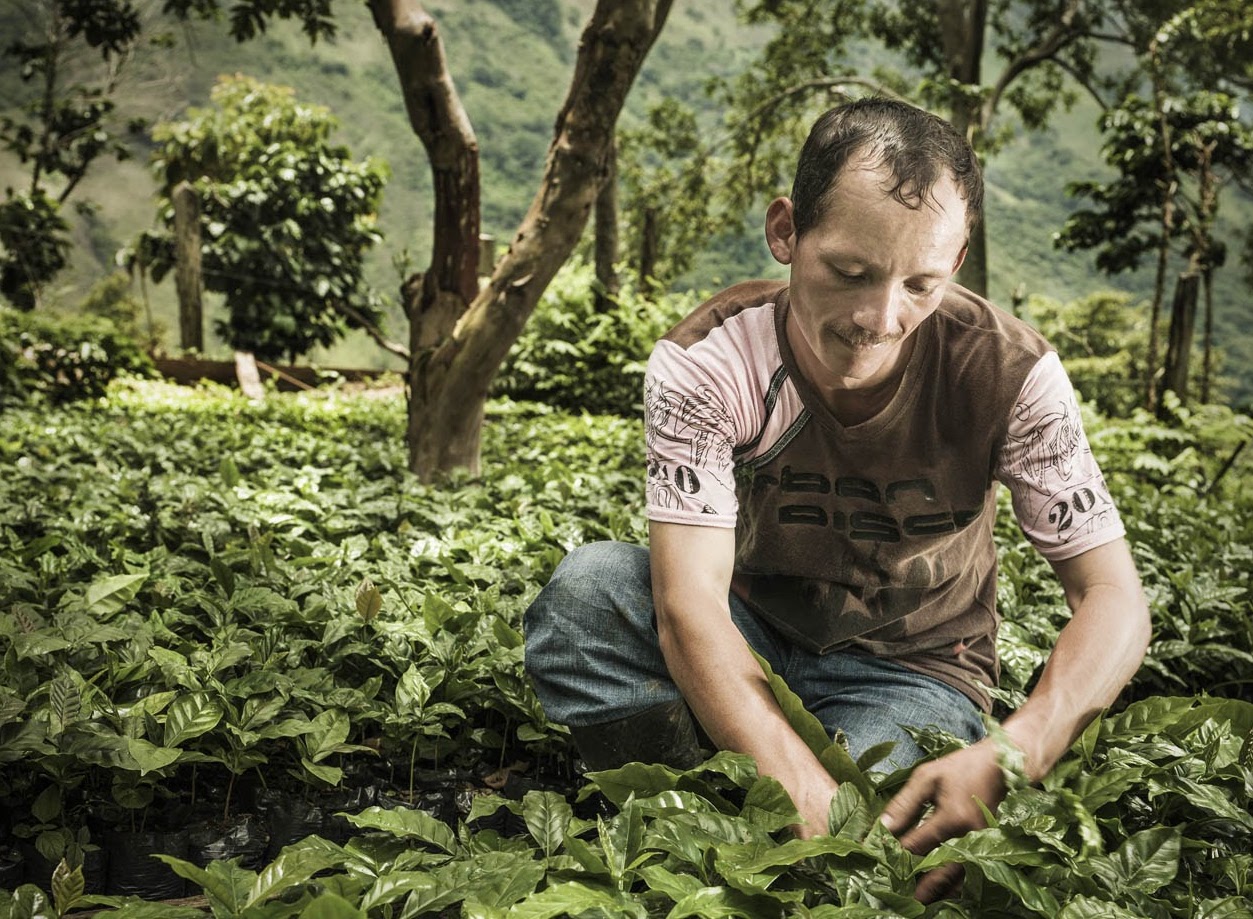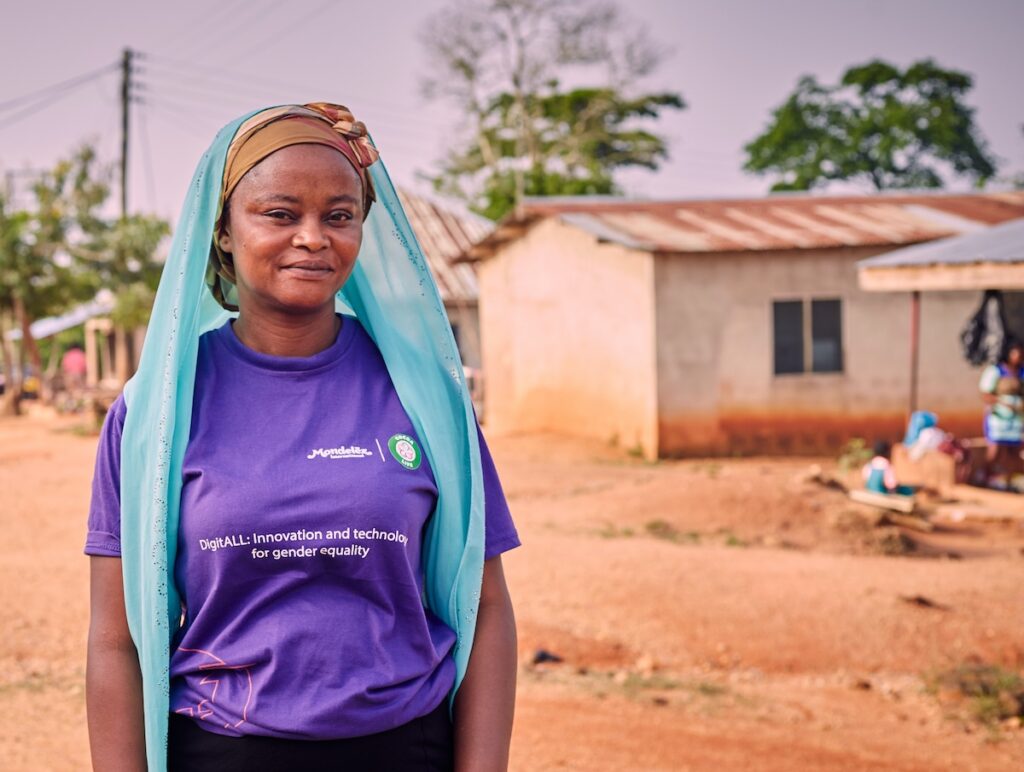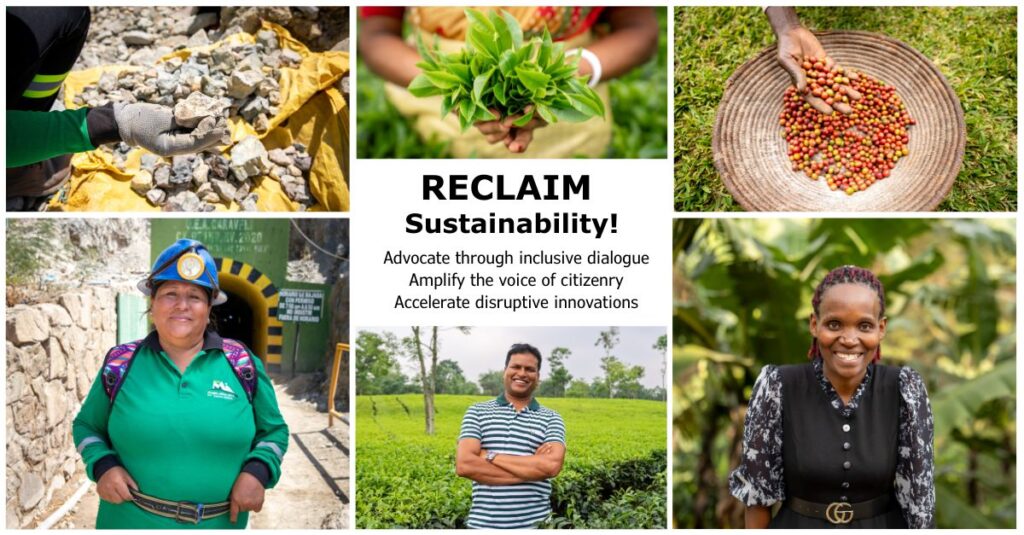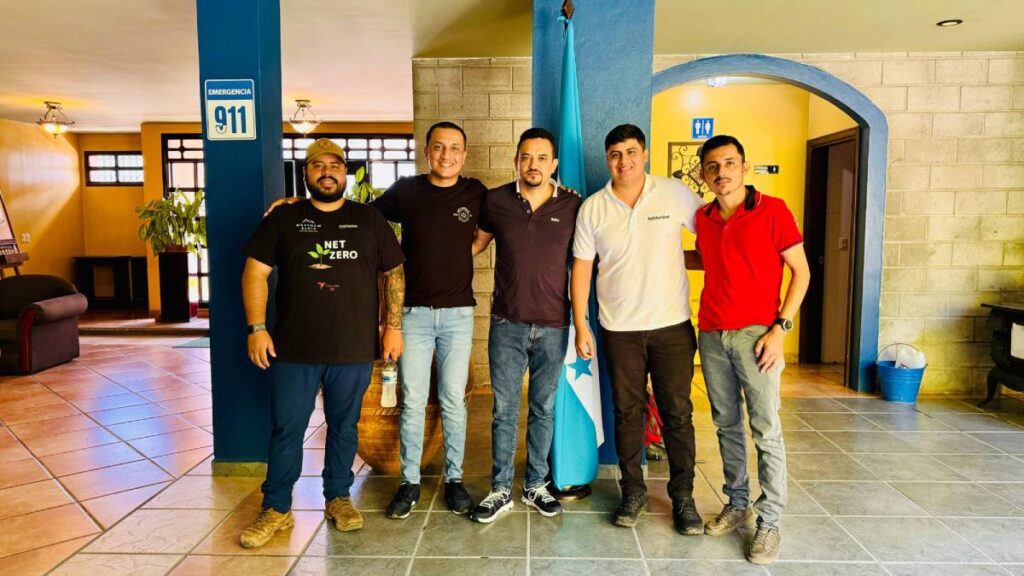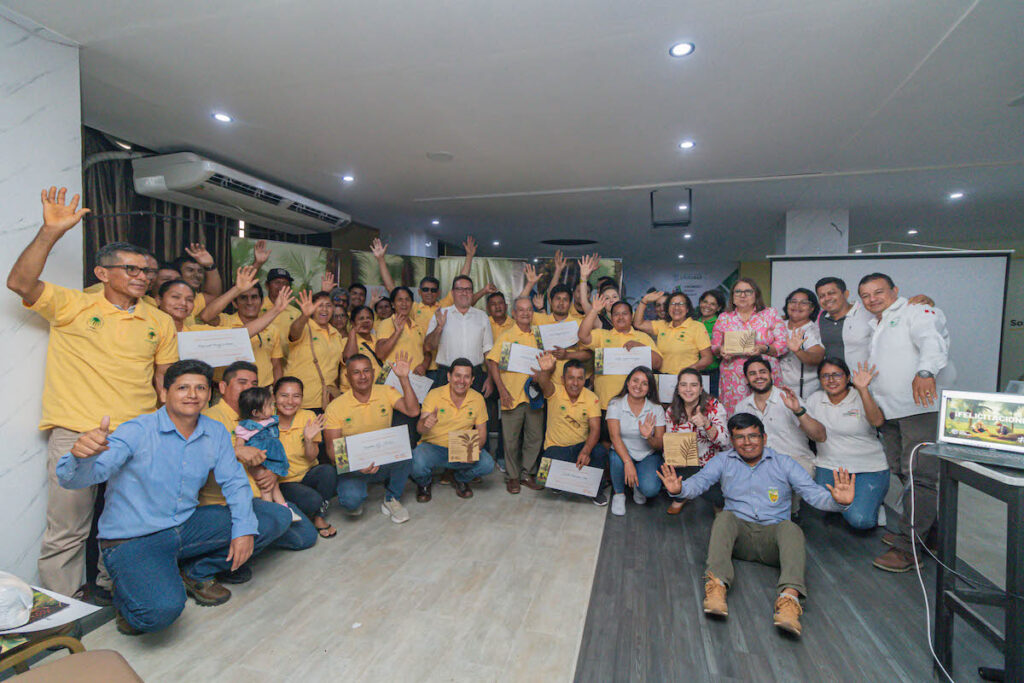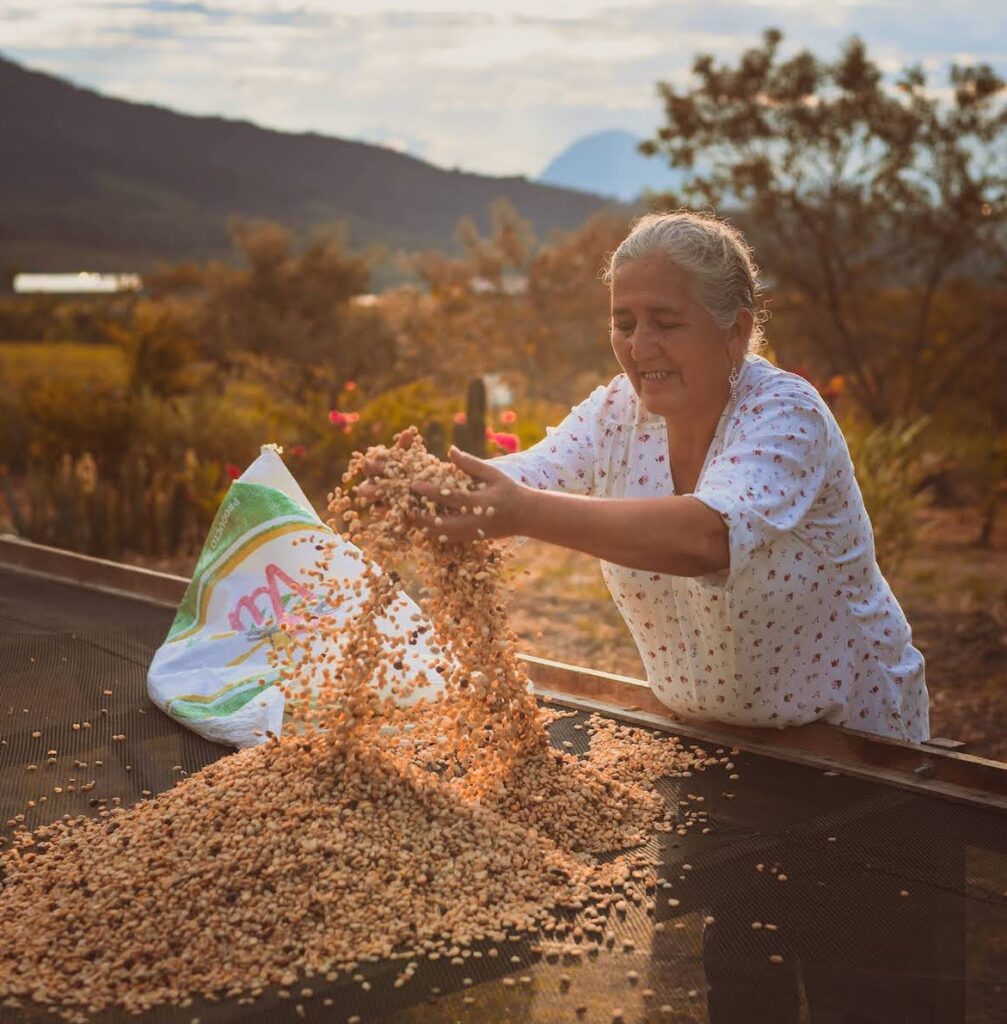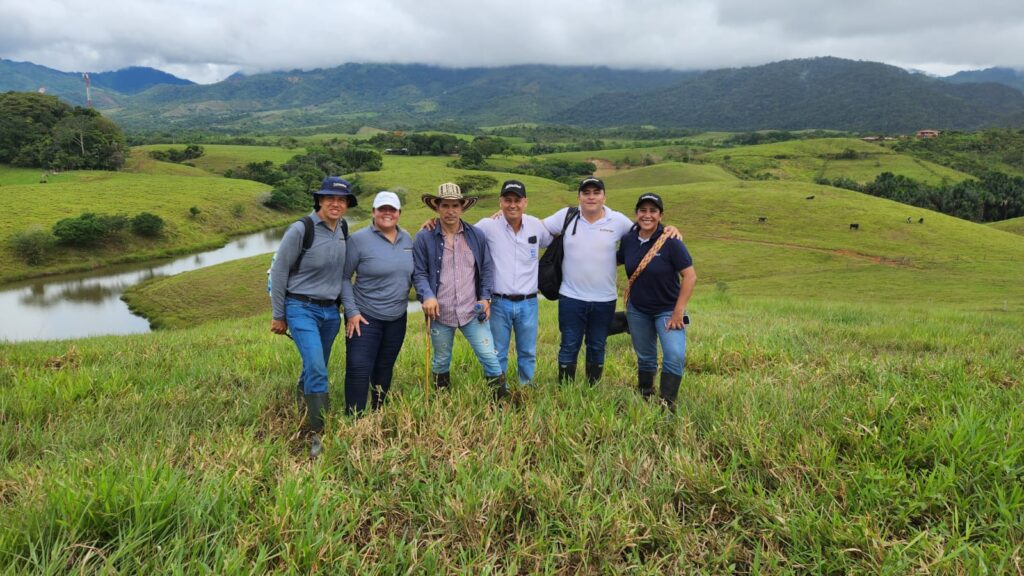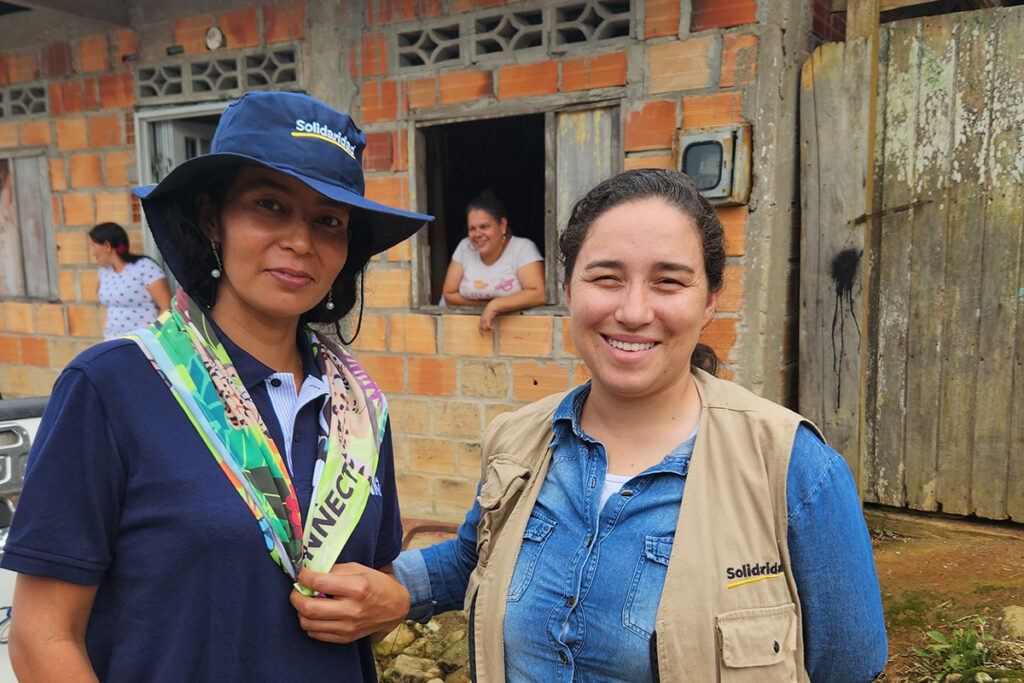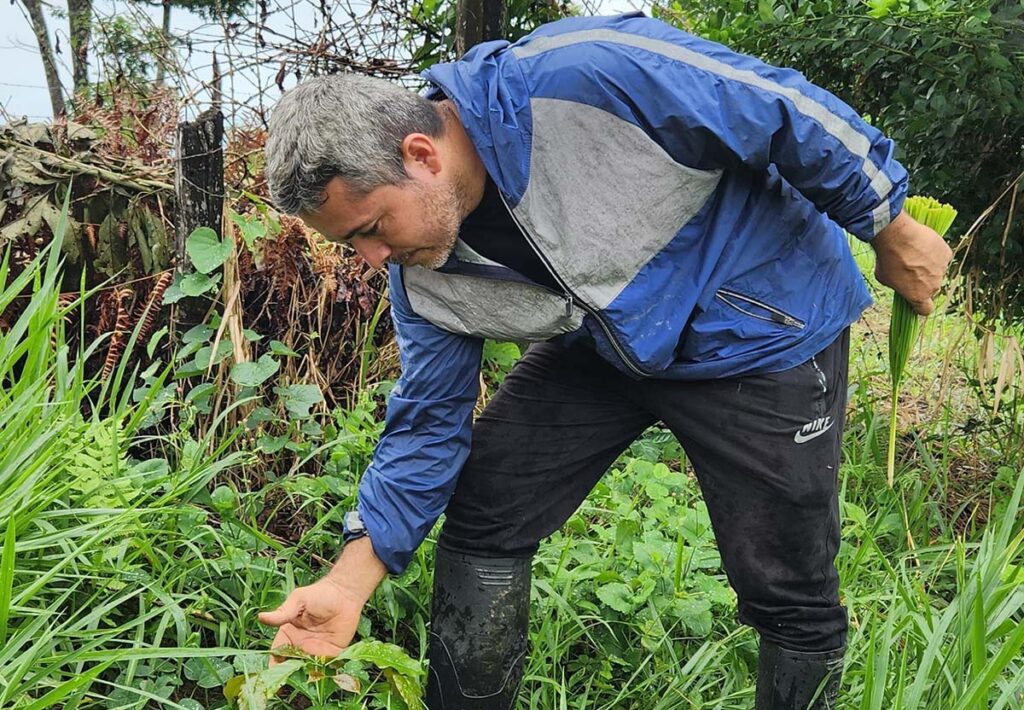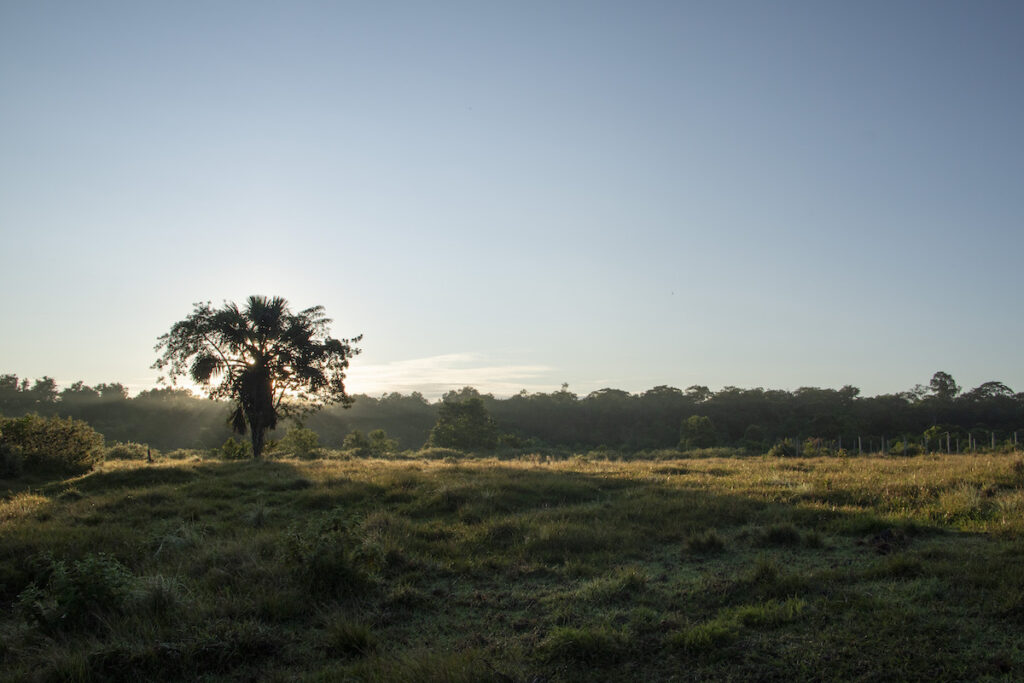Coffee production is one of the agricultural sectors hit hardest by climate change, especially for smallholder farmers in developing countries. Climate change is projected to reduce the total suitable area for coffee production by 50 percent by 2050, putting millions of farmers at risk and threatening millions of hectares of forests and biodiversity hotspots to be converted into farmland. Over 12 million coffee smallholder farmers struggle to make ends meet, and are particularly vulnerable to the negative impacts of climate change such as droughts, increasing temperature, extreme rainfall.
There is evidence that the warming climate is linked to one of the major biological threats facing the coffee industry: the coffee borer. For every increase in temperature, the coffee berry borer becomes more infectious, forcing coffee growers to move their plants up in altitude to maintain current levels of quality and quantity.
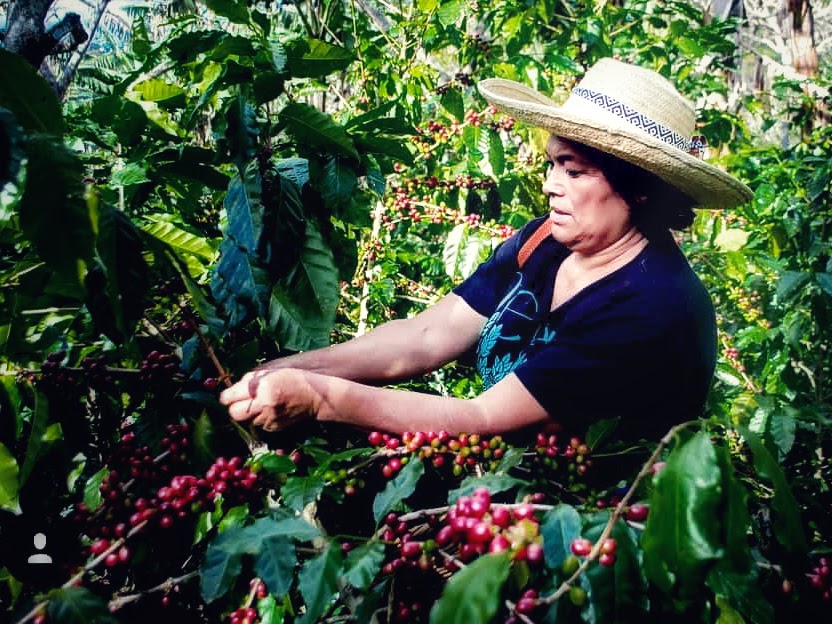
CONACAFE approves gender policy in Honduran coffee sector
Solidaridad is collaborating with the National Coffee Board on institutionalizing a gender policy in the Honduran coffee sector that will integrate with the existing national policy.
In order to avoid this dark future perspective, Solidaridad helps producers to switch from monoculture coffee production to climate-smart practices and agroforestry systems. Through Solidaridad’s Climate Smart Agriculture approach, coffee producers can (i) increase productivity, (ii) increase climate resilience (adaptation), (iii) and mitigate Greenhouse Gas (GHG) emissions through reduced emissions and increased sequestration. With the funding of Norway’s International Forest and Climate Initiative – NICFI, managed by the Norwegian Agency for Development Cooperation (NORAD), and the leading coffee brands Nestlé and Nespresso, over 6,000 producers and their families have been supported in Colombia by Solidaridad in past years to adapt their farms and farming practices to climate change.
The German TV-programme Weltspiegel, highlighted that climate change is the biggest post-COVID challenge for the coffee sector. It zooms in on the case of Clara Largo, a 38-year old farmer, who with her family struggles to ensure a living income. In her words she explains that the impact of climate change on her farm has reduced harvest due to the increase of pests, droughts and unsuitable temperature. Joel Brounen, Country Manager Colombia emphasizes, “the favorite drink of millions of consumers is at risk by the rapidly changing conditions for coffee production.”
In order to increase the climate resilience and reduce carbon emissions of coffee production, farmers need to invest jointly with roasters, traders and banks to ensure consistent supply in the coming decade. This is why we call our climate programme: Coffee of the Future.
Joel Brounen, Country Manager for Solidaridad colombia
Solidaridad is launching in the coming weeks a public-private partnership with the Colombian government, the international coffee industry and local coffee support organizations to add speed and scale to the efforts to invest in climate adaptation of the more than 500,000 coffee farmers and their families.
Switching to climate resilient farms is an investment. But already the results of Solidaridad´s Coffee of the Future programme have shown concrete pay-offs for farmer, trader, roaster and consumer. Carlos Isaza, Programme Manager Coffee, explains, “climate Smart Agriculture enhances food security and development goals at coffee farms. Coffee roasters and traders contribute to reaching international GHG emission targets, as well as getting access to higher coffee volumes and more consistent, higher quality coffee. For consumers, this means that their favorite drink is available for the foreseeable future.”
An additional feature is that through agroforestry and climate-smart practices, these farmers store CO2 in living biomass such as trees, crops and soils on their land. This way farmers can play a pivotal role in capturing CO2 emissions worldwide. On and around the millions of hectares managed by coffee smallholders and their families they generate valuable ecosystem services in the form of water protection and forest conservation. Solidaridad has recently ensured the first payments to farmers that take part in a local compensation scheme for provided environmental management on their land. A promising step to turn climate change victims into climate change stewards.
More information:
Joel Brounen, Country Manager
joel.brounen@solidaridadnetwork.org
Carlos Isaza, Programme Manager Coffee
carlos.isaza@solidaridadnetwork.org

